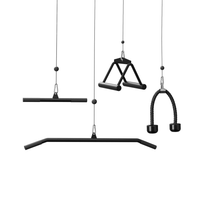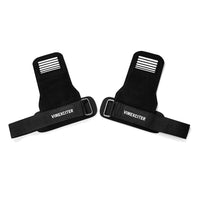Olive oil has been a staple of the Mediterranean diet for centuries. This predominantly plant-based eating pattern is linked to lower risk for chronic diseases and obesity. But can adding olive oil to your diet really help you shed pounds? Here’s a look at what the research says.
How Olive Oil May Support Weight Loss
Olive oil contains healthy fats that may promote weight loss in several ways:
- Increases satiety - The fat and nutrients in olive oil help you feel fuller longer after eating. This leads to reduced calorie intake.
- Raises metabolism - The fatty acids in olive oil can give your metabolism a slight boost, burning more calories.
- Lowers blood sugar - Olive oil helps regulate blood glucose levels, reducing fat storage and appetite spikes.
- Decreases inflammation - Olive oil provides anti-inflammatory benefits that support metabolic health.
- Improves gut health - Olive oil may alter the gut microbiome in a beneficial way for weight management.
Key Research Findings
Several studies indicate olive oil may be advantageous for weight loss:
A study in overweight women found a Mediterranean diet high in olive oil led to more weight and fat loss compared to a low-fat diet over 10 weeks.
Spanish researchers reported that older adults consuming a Mediterranean diet enriched with olive oil for 1 year experienced improved weight loss compared to controls.
Another study found that a Mediterranean diet with olive oil significantly reduced central obesity and waist circumference compared to a low-fat diet in people at high risk for cardiovascular disease.
Animal research reveals oleic acid, the main fatty acid in olive oil, prevents weight gain and excess fat accumulation.
How to Use Olive Oil for Weight Loss
To harness olive oil's weight loss potential, here are some tips:
- Use extra virgin olive oil for its purity and antioxidant content.
- Add a few tablespoons per day for cooking, dressings and marinades.
- Substitute olive oil for less healthy fats like butter.
- Drizzle on salads, roasted veggies and fish instead of creamy dressings.
- Use olive oil in homemade hummus, pesto and tapenades.
- Sauté or roast vegetables and proteins in olive oil.
- Enjoy healthy olive oil-based salad dressings and marinades.
- Other Lifestyle Factors for Weight Loss.
While olive oil can be included as part of an overall healthy diet, other lifestyle factors are also important for weight management:
- Calorie deficit - You must burn more calories than you consume to lose weight. Olive oil alone won't lead to weight loss if you overeat.
- Exercise - Aim for 150-300 minutes of moderate activity per week along with strength training for optimal fat and weight loss.
- Hydration - Drink plenty of water. Dehydration can slow metabolism.
- Sleep - Get 7-9 hours nightly. Lack of sleep disrupts hunger hormones that control appetite.
- Stress management - Chronic stress elevates cortisol, which can drive weight gain.
The Bottom Line
Replacing less healthy fats with olive oil may promote satiety, boost metabolism slightly, and reduce inflammation and blood sugar. However, using olive oil alone without an overall healthy diet and active lifestyle is unlikely to lead to significant weight loss. But as part of a balanced diet and fitness regimen, olive oil can be a delicious addition that supports your weight loss goals.



















Leave a comment
All comments are moderated before being published.
This site is protected by hCaptcha and the hCaptcha Privacy Policy and Terms of Service apply.